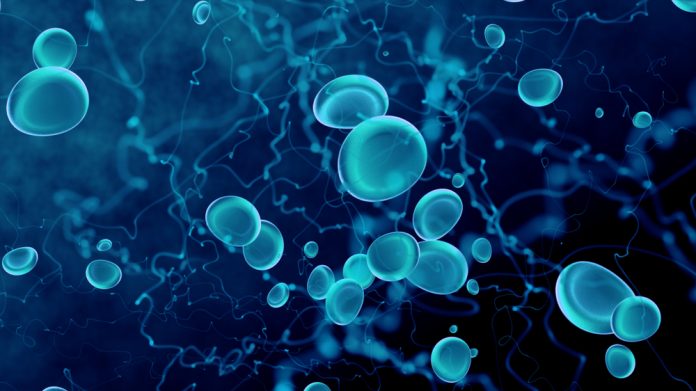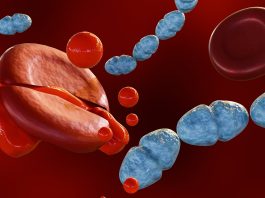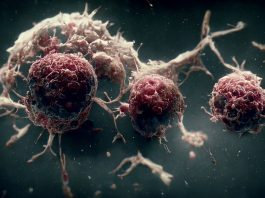The first NHS patients in a generation have started to receive life-saving blood plasma from UK donors, thanks to a partnership between NHS Blood and Transplant and NHS England.
Since a longstanding ban on UK plasma was lifted in 2021, the UK has been building its own supply of blood plasma treatment amid a global shortage.
This will reduce reliance on imports, saving the NHS between £5m and £10m per year and strengthening the UK as a powerhouse for life sciences under the UK Government’s Plan for Change.
The importance of blood plasma in saving lives
Plasma comes from blood donations. The plasma in blood contains antibodies that strengthen or stabilise the immune system.
The antibodies are separated out and made into immunoglobin medicines that treat people with life-limiting conditions such as immune deficiencies, bleeding disorders, as well as severe burns.
Around 17,000 NHS patients with immune deficiencies and rare diseases rely on vital human-donated blood plasma to save or improve their lives.
It is also used in emergency medicine for childbirth and trauma care.
Sir Stephen Powis, National Medical Director NHS England, said: “This landmark moment ensures patients relying on crucial plasma-derived medicines will always have access to the treatment they need.
“Thousands of people with serious and potentially life-threatening conditions, including immunodeficiencies and neurological conditions, rely on these products, and strengthening the supply chain of plasma treatment through UK donations will help NHS clinicians ensure these vital medicines are available for all who need them.”
Jill Jones made history by becoming the first patient to be given UK-sourced plasma at John Radcliffe Hospital in Oxford. She has received treatments every three weeks following a diagnosis of non-Hodgkinn lymphoma 20 years ago and described the infusions as “life-changing”.
Building UK capacity in global plasma medicines
The initiative will also build UK capacity in the global blood plasma medicines industry, which was valued at over $30bn in 2023 and is projected to reach $45bn by 2027.
It will help establish the NHS as an engine of economic growth to drive investment in public services and raise living standards for everyone.
NHS Blood and Transplant (NHSBT) has collected 250,000 litres of blood plasma from donors in England since 2021. From this, two vital medicines are being produced: immunoglobulins, which treat autoimmune conditions, and albumin, which is essential for surgery and treating liver conditions.
The NHS plans to reach 25% self-sufficiency in immunoglobulin by the end of 2025, rising to 30-35% in 2031 and 80% self-sufficiency in albumin by next year.
“Thanks to the incredible generosity of our donors, NHS patients are now receiving life-saving medicines made from UK plasma for the first time in a generation,” explained Dr Jo Farrar, Chief Executive of NHS Blood and Transplant.
“Plasma makes up 55% of our blood and contains antibodies which strengthen or stabilise the immune system. It is used to save lives during childbirth and trauma and is used to treat thousands of patients with life-limiting illnesses such as immune deficiencies.
“These life-saving medicines can only be made from our blood. We need more donors to help save more lives.”









